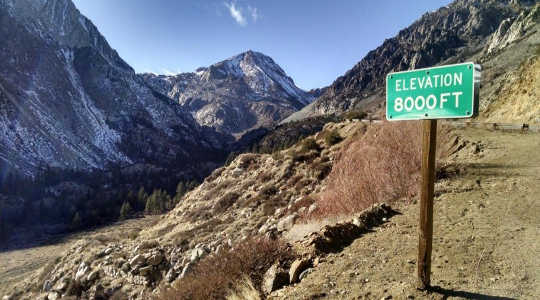 Scientists say that storms carrying desperately-needed water to California are being diverted by a band of high pressure that coincides with rainfall and temperature extremes.
Scientists say that storms carrying desperately-needed water to California are being diverted by a band of high pressure that coincides with rainfall and temperature extremes.
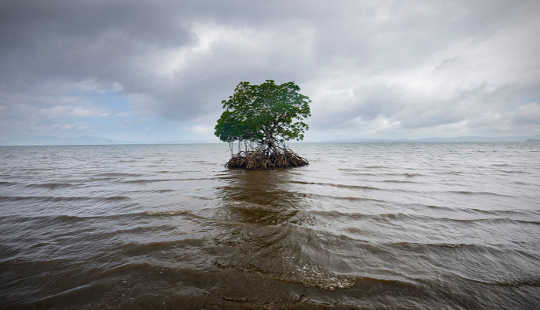 Global average sea level has risen by about 17 cm between 1900 and 2005. This is a much faster rate than in the previous 3,000 years. The sea level changes for several reasons, including rising temperatures as fossil fuel
Global average sea level has risen by about 17 cm between 1900 and 2005. This is a much faster rate than in the previous 3,000 years. The sea level changes for several reasons, including rising temperatures as fossil fuel
 New research warns that more than 13 million American citizens could be at risk of being forced to move away from vulnerable coastal zones because of sea level rise.
New research warns that more than 13 million American citizens could be at risk of being forced to move away from vulnerable coastal zones because of sea level rise.
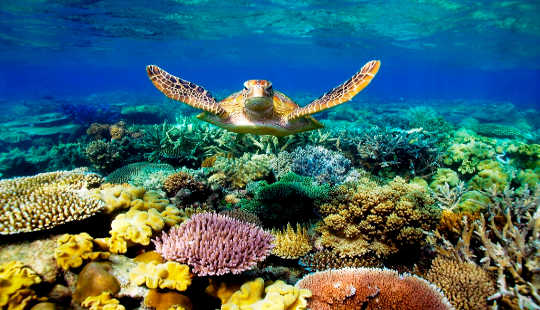 As we write, the much-cherished Great Barrier Reef is experiencing the devastating effects of coral bleaching. The Great Barrier Reef Marine Park Authority has declared severe coral bleaching underway on the reefs north of Cooktown.
As we write, the much-cherished Great Barrier Reef is experiencing the devastating effects of coral bleaching. The Great Barrier Reef Marine Park Authority has declared severe coral bleaching underway on the reefs north of Cooktown.
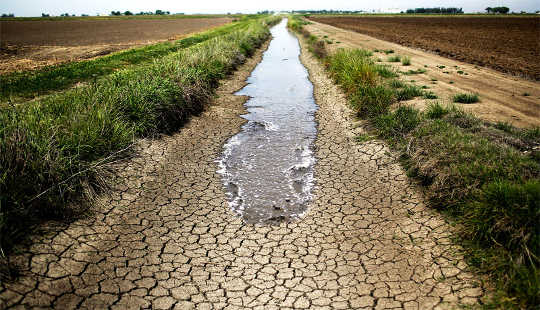 "While the effects have been most pronounced in the West, our analysis shows virtually all US forests are now experiencing change and are vulnerable to future declines," says James Clark.
"While the effects have been most pronounced in the West, our analysis shows virtually all US forests are now experiencing change and are vulnerable to future declines," says James Clark.
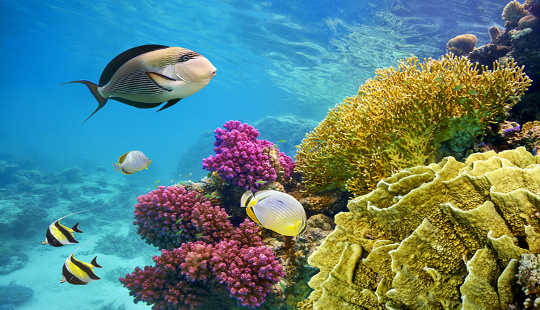 One of the big problems with the world’s heavy carbon emissions is that they are driving up the levels of carbon dioxide in our oceans, which is making them more acidic.
One of the big problems with the world’s heavy carbon emissions is that they are driving up the levels of carbon dioxide in our oceans, which is making them more acidic.
 At the Paris climate summit, delegates have struck an agreement that calls for the world to “hold the increase in the global average temperature to well below 2? above pre-industrial levels and to pursue efforts to limit the temperature increase to 1.5?”.
At the Paris climate summit, delegates have struck an agreement that calls for the world to “hold the increase in the global average temperature to well below 2? above pre-industrial levels and to pursue efforts to limit the temperature increase to 1.5?”.
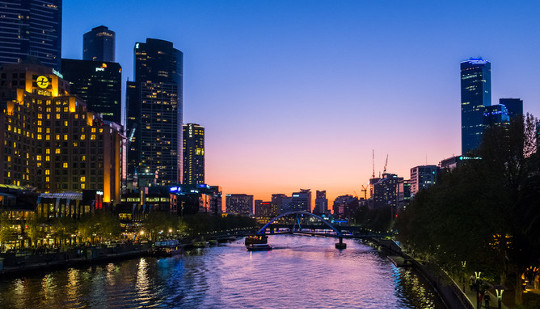 Coastal communities around the world are being increasingly exposed to the hazards of rising sea levels, with global sea levels found to be rising faster over the past two decades than for the bulk of the 20th century.
Coastal communities around the world are being increasingly exposed to the hazards of rising sea levels, with global sea levels found to be rising faster over the past two decades than for the bulk of the 20th century.
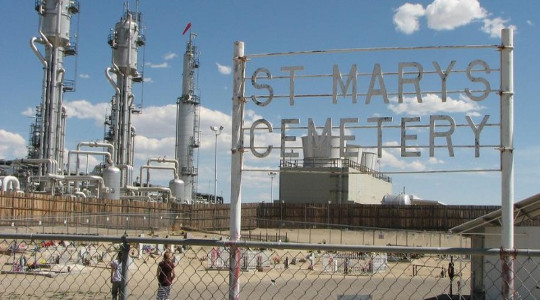
Coal, oil and gas sectors warned that trillions of dollars of assets could be stranded if a global agreement on limiting climate change is reached at the UN summit in Paris.
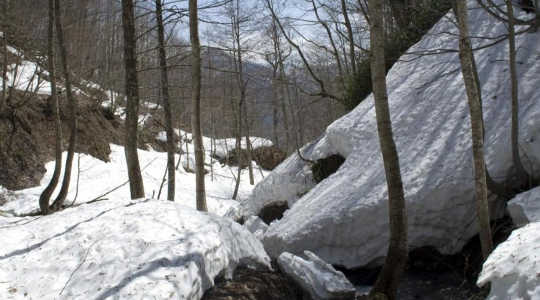 New research warns that rising temperatures are reducing the mountain snow on which billions of people in lowland areas depend for their water supply.
New research warns that rising temperatures are reducing the mountain snow on which billions of people in lowland areas depend for their water supply.
 If political leaders around the world are serious about gender equality, they must also get serious about climate change.
If political leaders around the world are serious about gender equality, they must also get serious about climate change.
 The world is watching as refugees flood into a Europe unprepared for the new arrivals. Conflict and social unrest due in part to climate stress – including induced food shortages and social conflict – have prompted migrants to search for new homes and new opportunities. To ecologists, however, this comes as no surprise.
The world is watching as refugees flood into a Europe unprepared for the new arrivals. Conflict and social unrest due in part to climate stress – including induced food shortages and social conflict – have prompted migrants to search for new homes and new opportunities. To ecologists, however, this comes as no surprise.
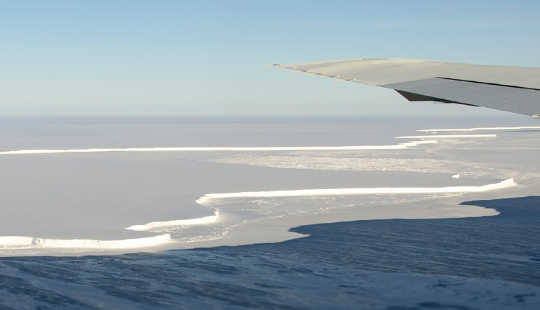 Ask people what they know about Antarctica and they usually mention cold, snow and ice. In fact, there’s so much ice on Antarctica that if it all melted into the ocean, average sea level around the entire world would rise about 200 feet, roughly the height of a 20-story building.
Ask people what they know about Antarctica and they usually mention cold, snow and ice. In fact, there’s so much ice on Antarctica that if it all melted into the ocean, average sea level around the entire world would rise about 200 feet, roughly the height of a 20-story building.
 This week, scientists registered their concern that super-warm conditions are building to a point where corals are severely threatened across the tropical Indian, Pacific and Atlantic oceans. They did so after seeing corals lose colour across the three major ocean basins – a sign of a truly momentous global change.
This week, scientists registered their concern that super-warm conditions are building to a point where corals are severely threatened across the tropical Indian, Pacific and Atlantic oceans. They did so after seeing corals lose colour across the three major ocean basins – a sign of a truly momentous global change.
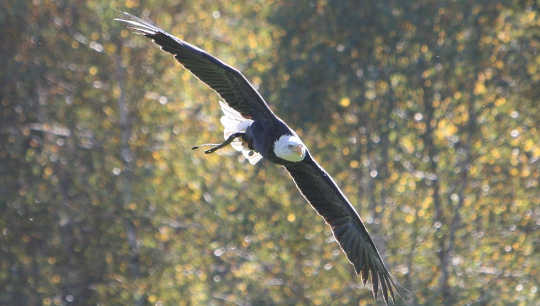 Wide-ranging survey shows that many of North America’s bird species could be left with nowhere to go as climate change drastically affects their habitats.
Wide-ranging survey shows that many of North America’s bird species could be left with nowhere to go as climate change drastically affects their habitats.
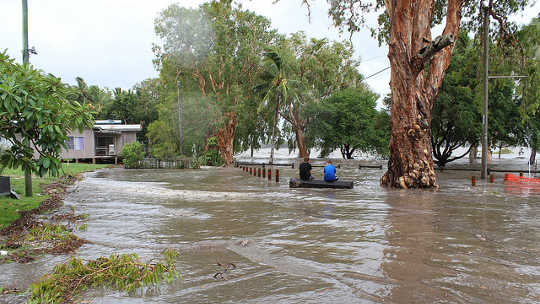 You may have read recent reports about huge changes in sea level, inspired by new research from James Hansen, NASA’s former Chief Climate Scientist, at Columbia University. Sea level rise represents one of the most worrying aspects of global warming, potentially displacing millions of people along coasts, low river valleys, deltas and islands.
You may have read recent reports about huge changes in sea level, inspired by new research from James Hansen, NASA’s former Chief Climate Scientist, at Columbia University. Sea level rise represents one of the most worrying aspects of global warming, potentially displacing millions of people along coasts, low river valleys, deltas and islands.
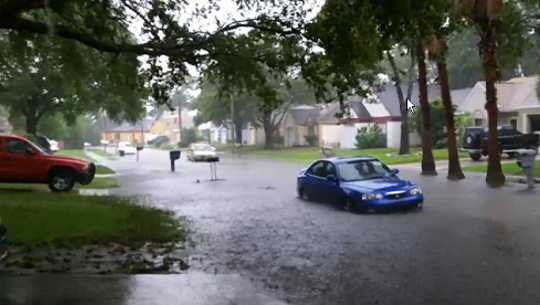 Flooding is a well-known natural hazard along the US coastline. Nearly 40% of the US population resides in its coastal counties.
Flooding is a well-known natural hazard along the US coastline. Nearly 40% of the US population resides in its coastal counties.
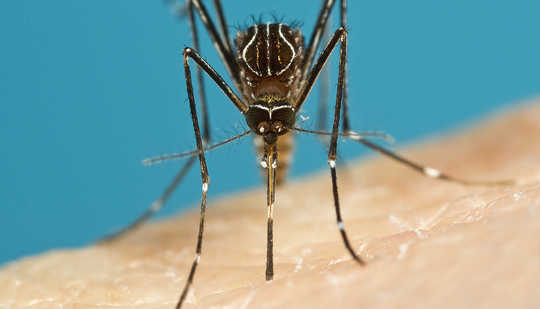
As the world warms, animals and plants will shift their ranges to keep pace with their favoured climate. While the changing distributions of species can tell us how climate change is affecting the natural world, it may also have a direct impact on us.
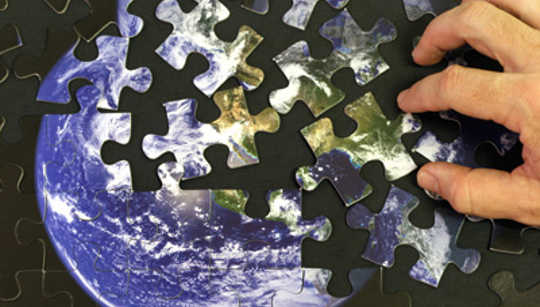 An international scientific report commissioned by the UK government says the risks of climate change are comparable to those posed by nuclear conflict.
An international scientific report commissioned by the UK government says the risks of climate change are comparable to those posed by nuclear conflict.
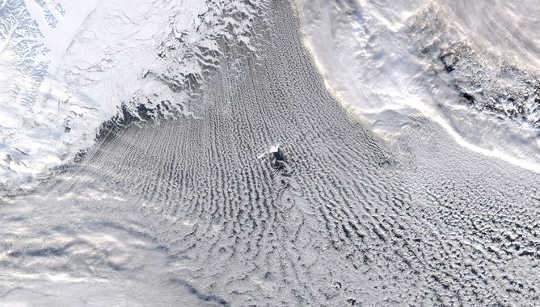 One of the most dramatic features of recent climate change is the decline of summer Arctic sea ice. The impacts of this summer ice loss on northern society, on Arctic ecosystems, and the climate both locally and further afield, are already being felt.
One of the most dramatic features of recent climate change is the decline of summer Arctic sea ice. The impacts of this summer ice loss on northern society, on Arctic ecosystems, and the climate both locally and further afield, are already being felt.
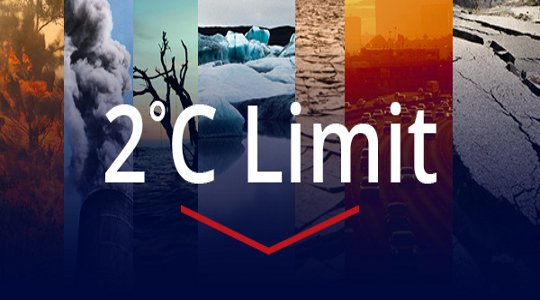 The goal of international climate negotiations is “to avoid dangerous atmospheric concentrations of greenhouse gases”. In 2010, Parties to the United Nations Framework Convention on Climate Change formally recognised the “long term goal” of the convention was to hold the increase in global average warming to below 2C above pre-industrial levels.
The goal of international climate negotiations is “to avoid dangerous atmospheric concentrations of greenhouse gases”. In 2010, Parties to the United Nations Framework Convention on Climate Change formally recognised the “long term goal” of the convention was to hold the increase in global average warming to below 2C above pre-industrial levels.
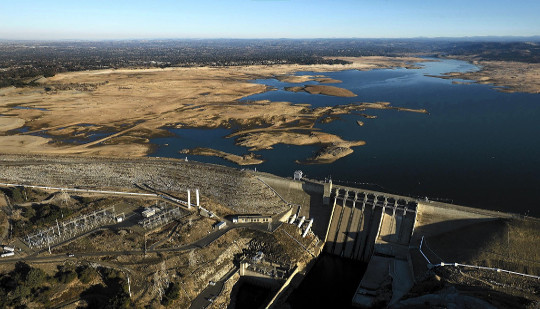 California is undergoing a record-setting drought that began in 2012, the worst in at least 1,200 years. It can be seen in many ways: most of the freshwater reservoirs are drying up, crops are wilting in the fields and groundwater is rapidly depleting.
California is undergoing a record-setting drought that began in 2012, the worst in at least 1,200 years. It can be seen in many ways: most of the freshwater reservoirs are drying up, crops are wilting in the fields and groundwater is rapidly depleting.
 Climate change is affecting all regions of the globe. But some places, such as Africa, are more vulnerable to climate change’s devastating effects than others. This is particularly true because of the continent’s very high dependency on agriculture.
Climate change is affecting all regions of the globe. But some places, such as Africa, are more vulnerable to climate change’s devastating effects than others. This is particularly true because of the continent’s very high dependency on agriculture.













